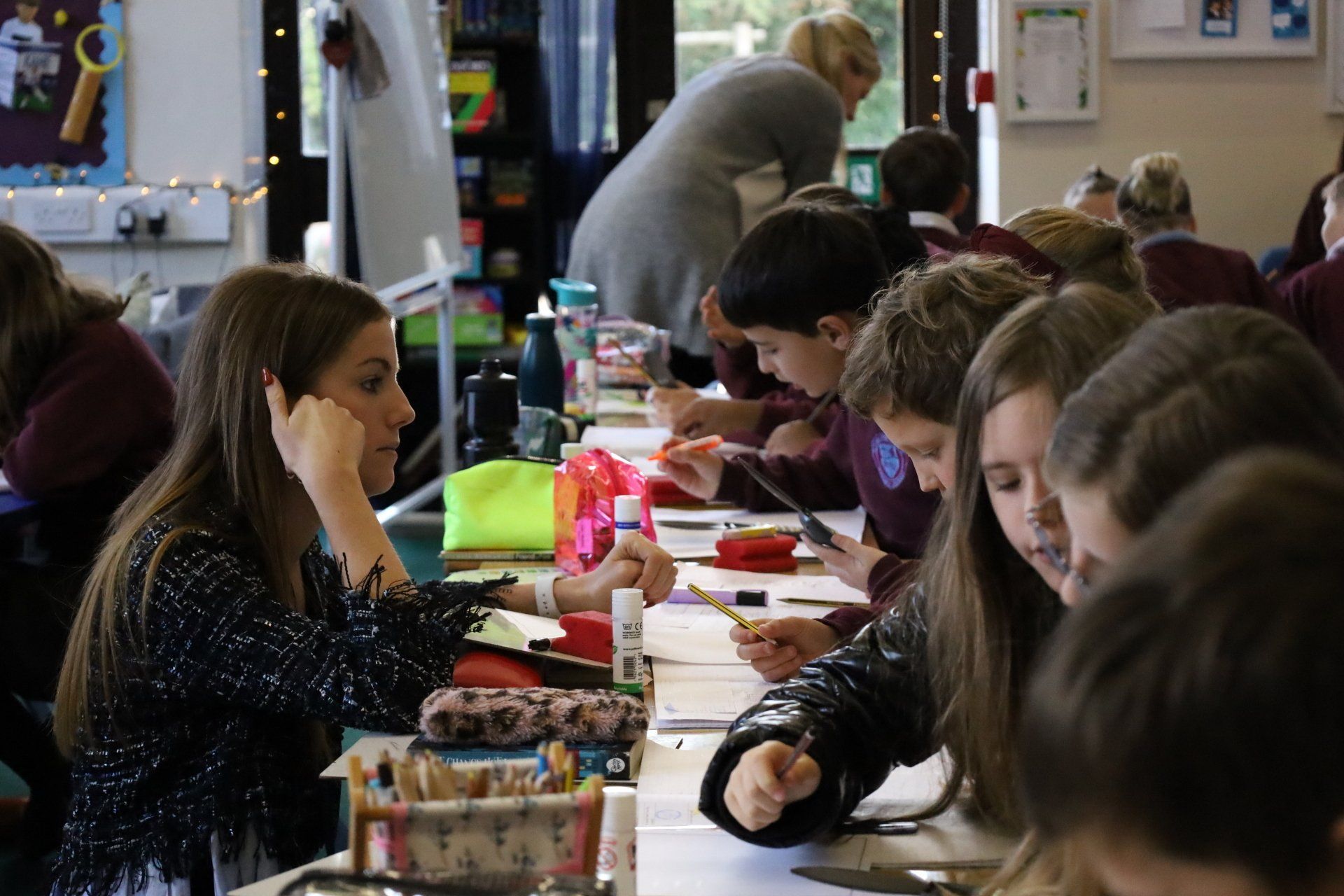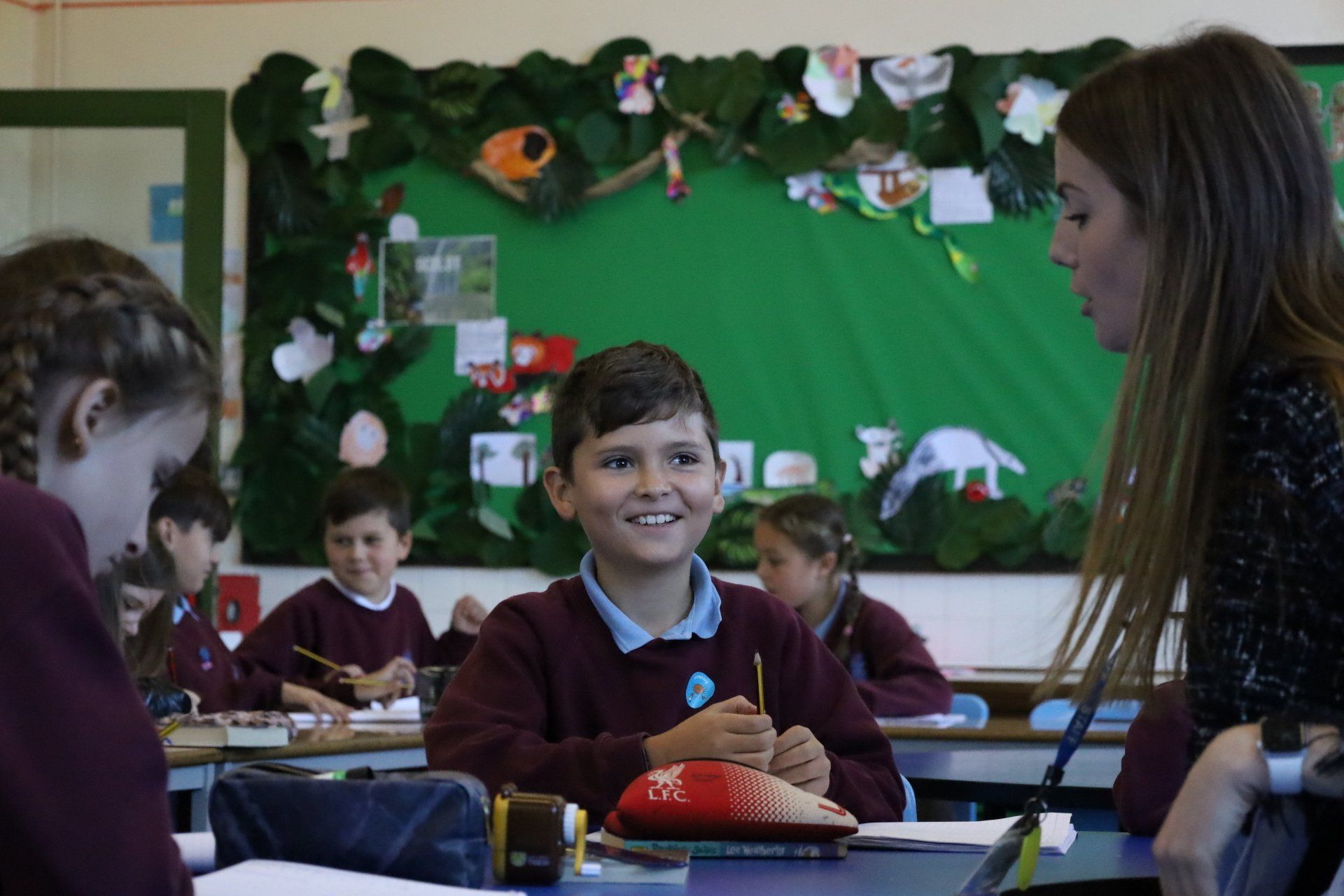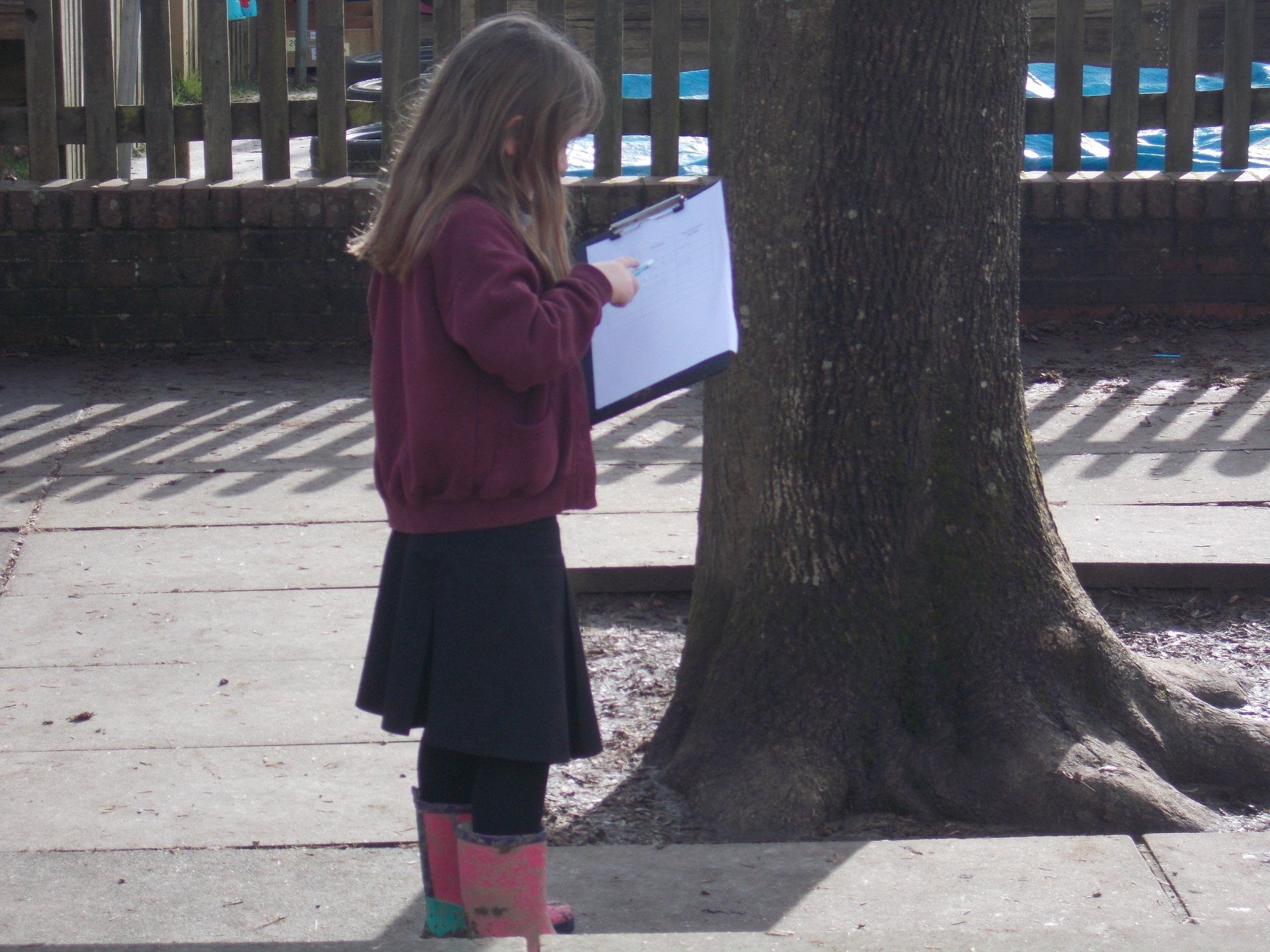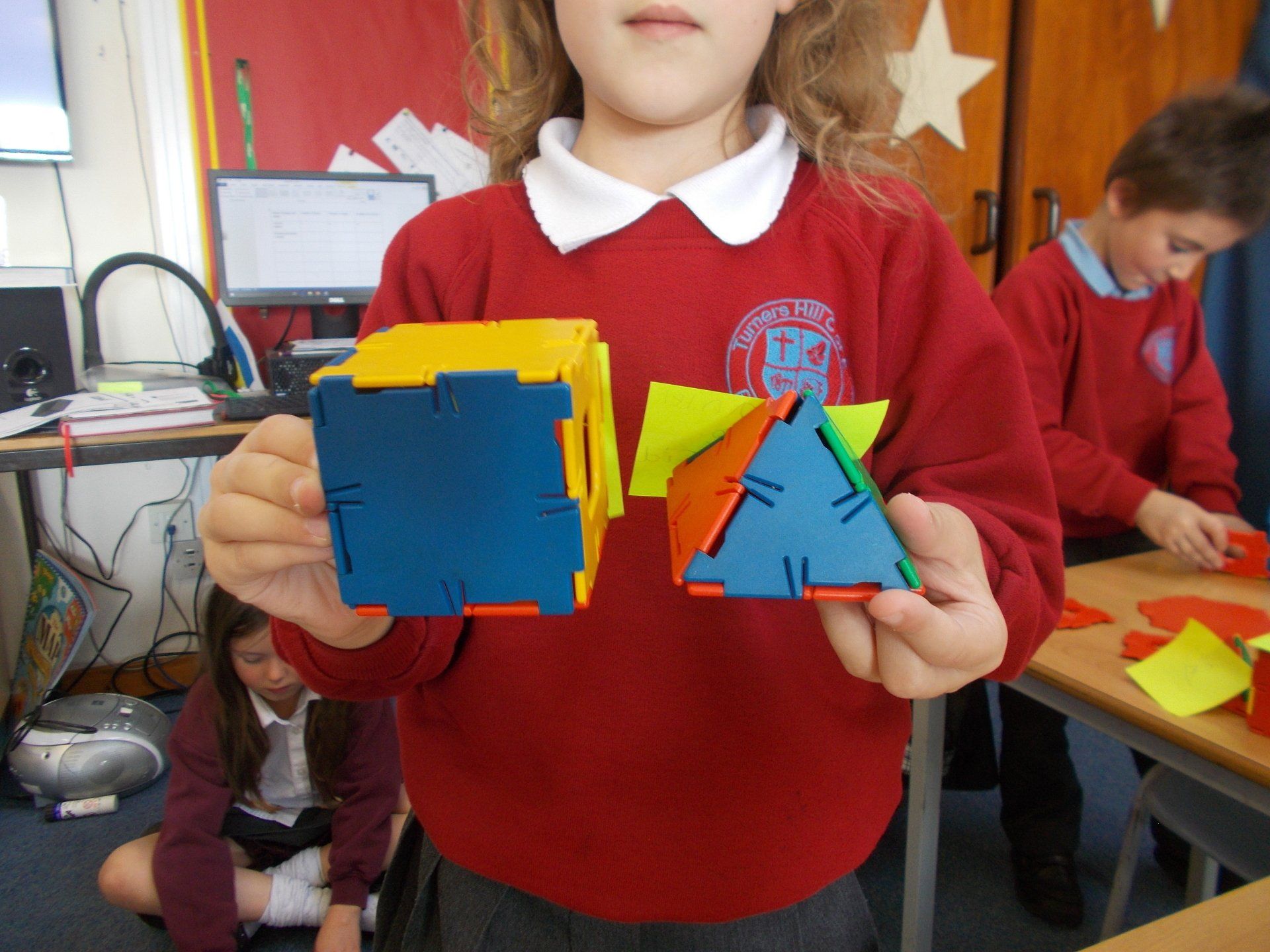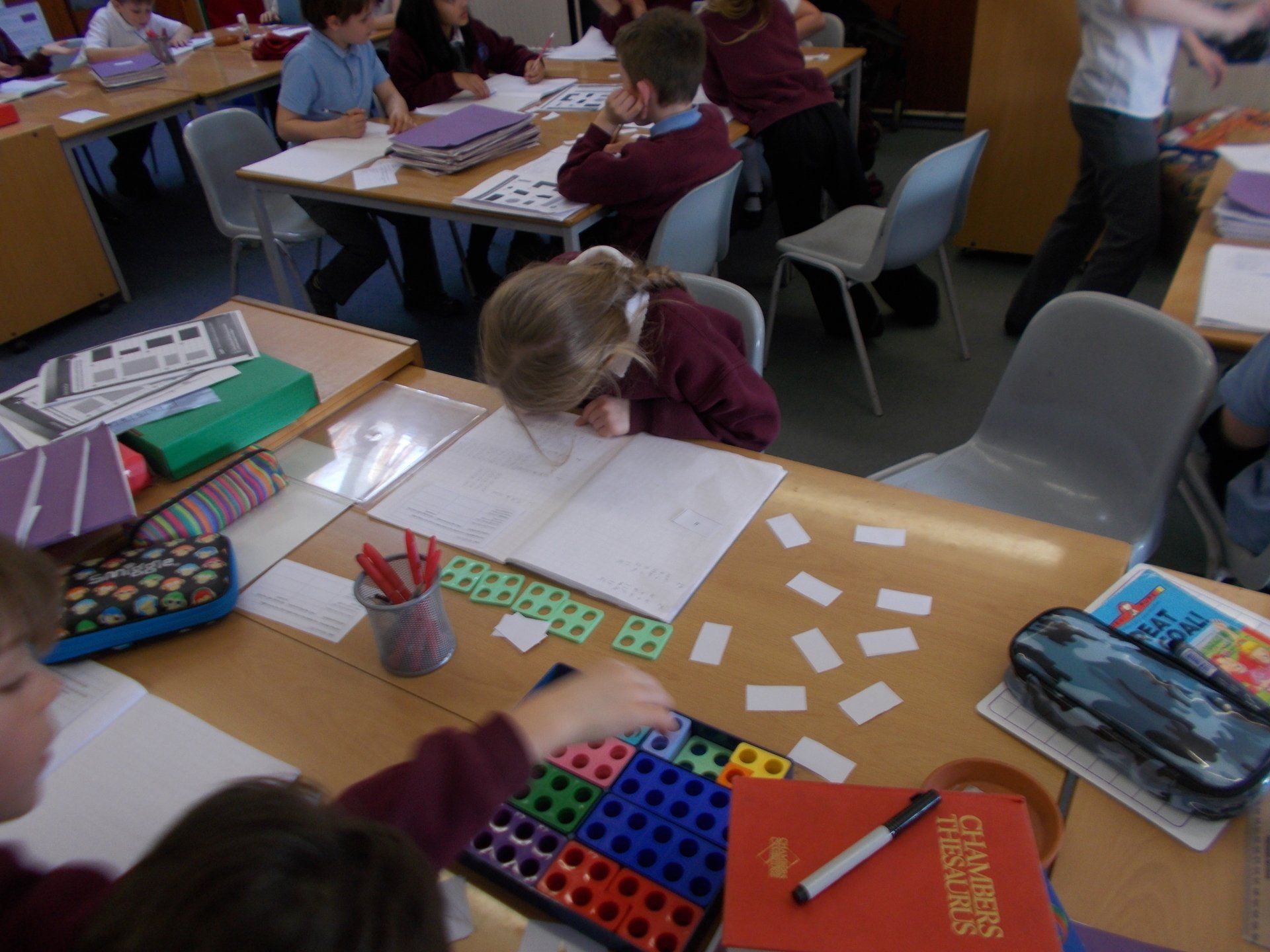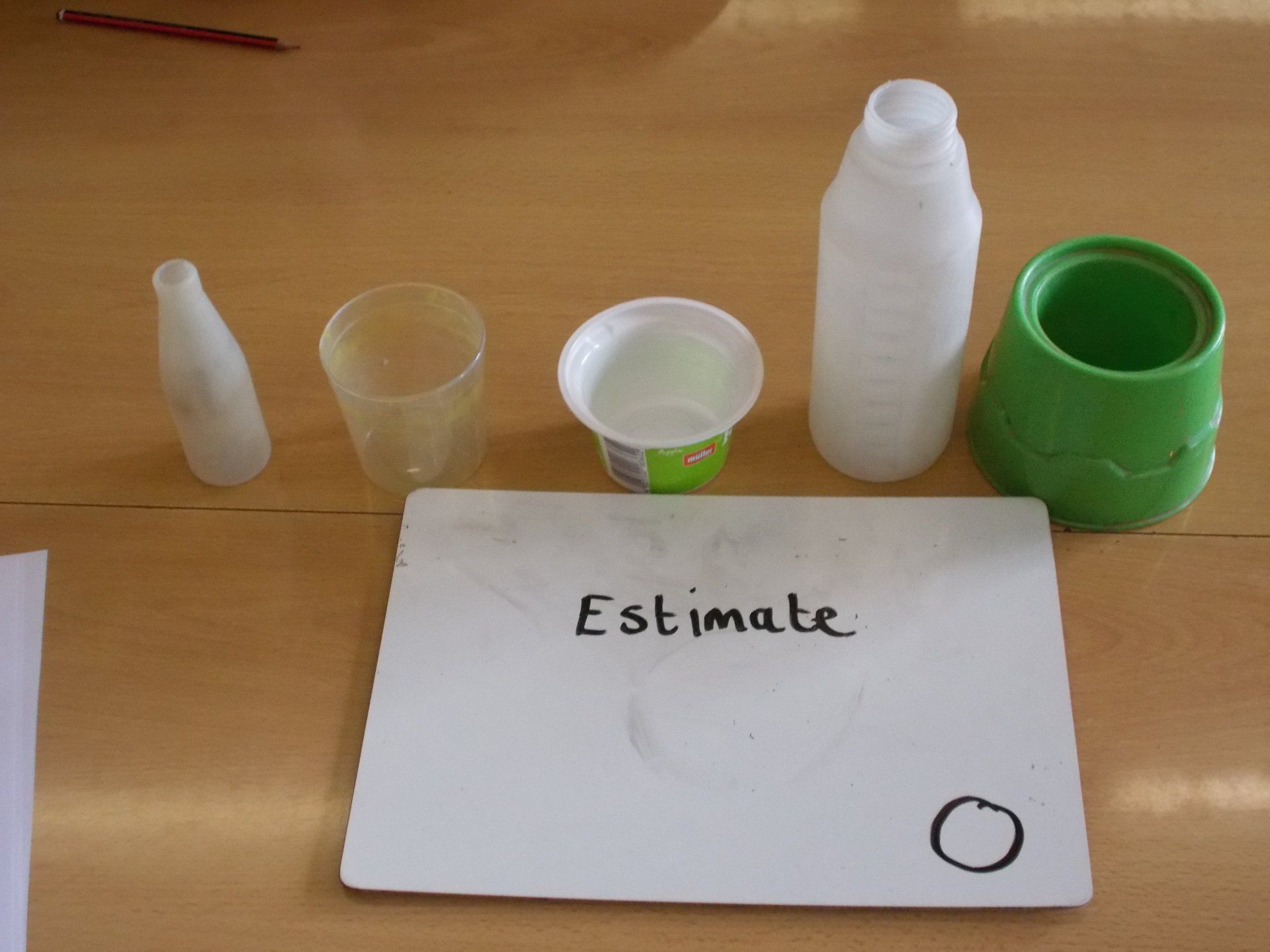
Slide title
Maths
ButtonSlide title
Maths
ButtonSlide title
Maths
ButtonSlide title
Maths
ButtonSlide title
Maths
ButtonSlide title
Maths
ButtonSlide title
Maths
Button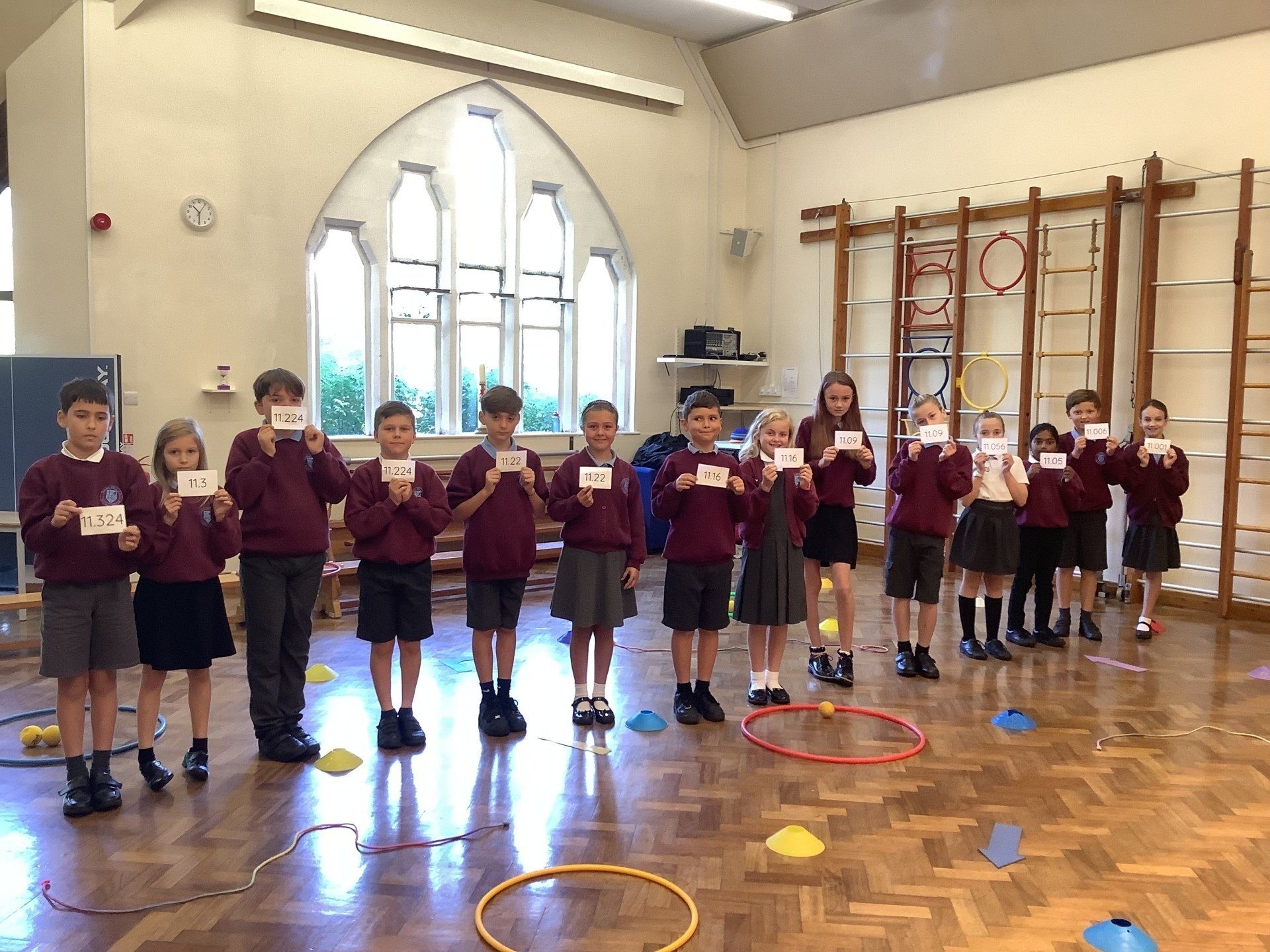
Slide title
Maths
Button
Downloads
-
National Curriculum for Maths Write a description for this list item and include information that will interest site visitors. For example, you may want to describe a team member's experience, what makes a product special, or a unique service that you offer.
National Curriculum for Maths List Item 1 -
Maths KS1 methods overview Write a description for this list item and include information that will interest site visitors. For example, you may want to describe a team member's experience, what makes a product special, or a unique service that you offer.
Maths KS1 methods overview List Item 2 -
Maths KS2 methods overview Write a description for this list item and include information that will interest site visitors. For example, you may want to describe a team member's experience, what makes a product special, or a unique service that you offer.
Maths KS2 methods overview -
Maths Assessment Record Year R Write a description for this list item and include information that will interest site visitors. For example, you may want to describe a team member's experience, what makes a product special, or a unique service that you offer.
Maths Assessment Record Year R -
Maths Assessment Record Year 1 Write a description for this list item and include information that will interest site visitors. For example, you may want to describe a team member's experience, what makes a product special, or a unique service that you offer.
Maths Assessment Record Year 1 -
Maths Assessment Record Year 2 Write a description for this list item and include information that will interest site visitors. For example, you may want to describe a team member's experience, what makes a product special, or a unique service that you offer.
Maths Assessment Record Year 2 -
Maths Assessment Record Year 3 Write a description for this list item and include information that will interest site visitors. For example, you may want to describe a team member's experience, what makes a product special, or a unique service that you offer.
Maths Assessment Record Year 3 -
Maths Assessment Record Year 4 Write a description for this list item and include information that will interest site visitors. For example, you may want to describe a team member's experience, what makes a product special, or a unique service that you offer.
Maths Assessment Record Year 4 -
Maths Assessment Record Year 5 Write a description for this list item and include information that will interest site visitors. For example, you may want to describe a team member's experience, what makes a product special, or a unique service that you offer.
Maths Assessment Record Year 5 -
Maths Assessment Record Year 6 Write a description for this list item and include information that will interest site visitors. For example, you may want to describe a team member's experience, what makes a product special, or a unique service that you offer.
Maths Assessment Record Year 6
At Turners Hill CofE Primary School we know that a high quality Mathematics education introduces children to concepts, skills and thinking strategies that are essential in everyday life and support learning across the curriculum. We follow a mastery approach to teaching which promotes fluency, as well as developing reasoning and problem solving skills.
Our intent for the maths curriculum is:
- To encourage a sense of enjoyment and curiosity about mathematics.
- An expectation that all children can succeed in maths, often achieved by keeping the class together.
- To ensure children are fluent in mathematical procedures and number facts by rehearsing these in systematic ways.
- For children who master a concept easily are expected to deepen their understanding, for example by applying it to solve problems embedded in mathematical investigations or more complex contexts.
- For children who do not master an objective with the rest of the class should be supported to enable them to gain more experience and achieve mastery, for example through same-day intervention, plus longer-term help if necessary.
- To make sure that all children leave Turners Hill as confident mathematicians.

The National Curriculum describes what must be taught in each Key Stage. To support the National Curriculum, we utilise the Abacus scheme of work which assists in the delivery of a progressive and engaging mathematics curriculum. In conjunction with this we ensure that whole class teaching features strongly in each lesson; it is oral, interactive and with a lively pace allowing for the direct teaching of a key objective whilst encouraging pupils to respond, question, reinforce understanding, and explain methods of carrying out a calculation. We aim to increase pupil confidence in maths so they are able to express themselves and their ideas using the language of maths with assurance.
What is mastery?
Mastery means having a secure understanding of mathematical concepts and processes, combined with a genuine procedural fluency. A child who has mastered a particular skill is able to apply their understanding and solve different types of problem, including where the skill is either embedded in a different context, or where a choice of method has to be made. For example, a child who has mastered adding two 2-digit numbers should be able to identify where this is required, even when it is not presented in a straightforward way (e.g. ? - 23 = 39) and also choose an efficient strategy for doing it (e.g. 40 + 22).
Assessment
We utilise both formative and summative assessment to allow us to assess whether or not pupils have mastered core concepts. Ongoing assessments of each lesson/concept allow teachers see whether children have mastered each objective. This approach includes the use of Learning Objectives and Success Criteria for each lesson, Abacus Mastery Checkpoints, NRICH and Dive Deeper resources, each being linked to a key National Curriculum objective. Teachers also use ‘away from the point of teaching’ stickers to support assessments of Mastery. Summative checks provide a way to examine whether children have mastered and retained the work, and support in assessing whether children are on track for meeting Age Related Expectations by the end of the school year. One of the principles of teaching for mastery is that every child can succeed in maths, and that the majority of children in the class should move at the same pace. In practice, this means that children who have mastered concepts or skills quickly should be challenged through activities and investigations that deepen their understanding of that idea, rather than moving on to new content. Children who do not master a concept as quickly as the rest of the class should be supported to enable them to keep up. An effective way of doing this is through same day intervention, which helps children who need more time and support in order to achieve mastery.
Mastery and mastery with greater depth
Integral to mastery of the curriculum is the development of deep rather than superficial conceptual understanding. ‘The research for the review of the National Curriculum showed that it should focus on “fewer things in greater depth”, in secure learning which persists, rather than relentless, over-rapid progression.’ It is inevitable that some pupils will grasp concepts more rapidly than others and will need to be stimulated and challenged to ensure continued progression. However, research indicates that these pupils benefit more from enrichment and deepening of content, rather than acceleration into new content. Acceleration is likely to promote superficial understanding, rather than the true depth and rigour of knowledge that is a foundation for higher mathematics.
A pupil really understands a mathematical concept, idea or technique if they can:
- Describe it in their own words.
- Represent it in a variety of ways (e.g. using concrete materials, pictures and symbols).
- Explain it to someone else.
- Make up his or her own examples (and non-examples) of it.
- See connections between it and other facts or ideas.
- Recognise it in new situations and contexts.
- Make use of it in various ways, including in new situations.
Developing mastery with greater depth is characterised by pupils’ ability to:
- Solve problems of greater complexity (i.e. where the approach is not immediately obvious), demonstrating creativity and imagination.
- Independently explore and investigate mathematical contexts and structures, communicate results clearly and systematically explain and generalise the mathematics.
Concrete-pictorial-abstract approach
Using manipulatives and pictorial representations can be beneficial for helping children to master new concepts and enable children who prefer a visual approach to learning to keep up with the class. For example, using models or images such as Frog or bar modelling can help children to visualise problems and develop their conceptual understanding.
Homework
Homework activities provide a very useful way of giving children extra practise each week. The homework aims to reinforce the concepts that have been taught that week.
Times Tables
In Year 3 and 4, the children take part in a weekly Times Table Challenge. The children work their way through the their times tables using question taken from Times Table Rockstars, moving up to the next stage when they made good progress on the previous one.
All children from Year 2 –6 have access to the online Times Table Rockstars resource. Here the children can practice times tables set by their teacher, challenge themselves to improve their ‘Rock Speed’, take part in ‘Battle of Bands’ competitions across classes and year groups and challenge their friends (and teachers) to ‘Rock Slams’.
Having a good understanding of times tables underpins a significant amount of learning in maths and the new National Curriculum from 2014 states that: ‘By the end of Year 4, pupils should have memorised their multiplication tables up to and including the 12 multiplication table.
Useful Websites:
Homelearning
ActiveLearn: Login (activelearnprimary.co.uk)(Log in required)
https://www.nationalnumeracy.org.uk/
http://www.familymathstoolkit.org.uk/
Multiplication Tables Support
Times Tables Rock Stars (ttrockstars.com)(Log in required)
http://www.multiplication.com/games/all-games
http://www.teachingtables.co.uk/
Mathematical Challenges
https://nrich.maths.org/primary-lower
https://nrich.maths.org/primary-upper
Games
https://www.topmarks.co.uk/maths-games/3-5-years/counting
Contact Info
01342 715412
office@turnershillschool.org.uk
Church Road, Turners Hill Crawley RH10 4PA United Kingdom
Term Dates
-
Autumn Term 2023Item Link List Item 1
Starts: Monday 4th September
Half term: Monday 23rd October - Friday 27th October
Ends: Friday 15th December
Inset days: Monday 1st September
-
Spring Term 2024Item Link List Item 2
Starts: Tuesday 2nd January
Half term: Monday 12th February - Friday 16th February
Ends: Thursday 28th March
-
Summer Term 2024Item Link
Starts: Monday 15th April
Half term: Monday 27th - Friday 31st May(including Bank Holiday)
Ends: Thuuesday 23rd July
INSET Days: Monday 3rd June, Friday 28th June, Monday 22nd July, Tuesday 23rd July
Turners Hill CofE School is committed to safeguarding and promoting the welfare of children and young people and expects all staff and volunteers to share this commitment.

